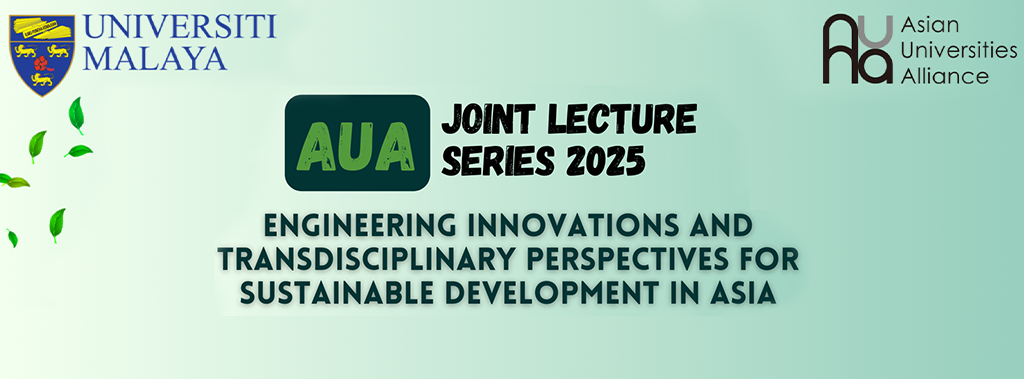Theme:
China’s Energy Sector Transformation Against the Backdrop of Carbon Neutrality – An International Perspective
Professor: Dr. Xiang LI, Honored Associate Research Professor, Peking University Energy Institute, Peking University
Date: 29 November 2022 (Thursday)
Time: 18:00-19:30 (UTC+8)
Summary:
In the lecture entitled “China’s Energy Sector Transformation Against the Backdrop
of Carbon Neutrality – An International Perspective,” Dr. Xiang Li first discussed the global energy transformation. He introduced the carbon neutrality targets of different countries and claimed that global competition has contributed to a sharp reduction in renewable energy costs worldwide. Based on this reality, Dr. Li argued that massive clean energy expansion is needed for the world population.
In the second part of the lecture, Dr. Li introduced China’s energy sector. He emphasized that China’s energy sector is quite particular compared to other countries, leading to the importance of transforming the Chinese energy system. Dr. Li also presented China’s energy policies. He explained that energy efficiency and renewables remain central pillars of China’s energy strategy. The main benefits of these policies include energy security, economic growth, and climate considerations.
Dr. Li also discussed China's energy sector transformation. On the one hand, the upheavals worldwide, including the popularization of solar PV and wind power, set the scene for China’s energy future. On the other hand, China itself played a leading role in deploying clean energy and renewables globally. Dr. Li also indicated that China’s many strengths make it well-positioned for a successful transition to carbon neutrality. Therefore, international collaboration with China is of great significance.
Finally, Dr. Li analyzed China's energy transformation from an international perspective. He talked about China’s influence on the energy systems of other countries, including the United States and Germany. He also claimed that the exploitation of solar and wind power has led to new challenges for energy security and introduced some solutions to this problem.
(The summary is written by student assistant WU Xiaoke.)
*The views and opinions expressed in this lecture series are those of the guest lecturers. They do not purport to reflect the opinions or views of the AUA or its members or its Secretariat.

